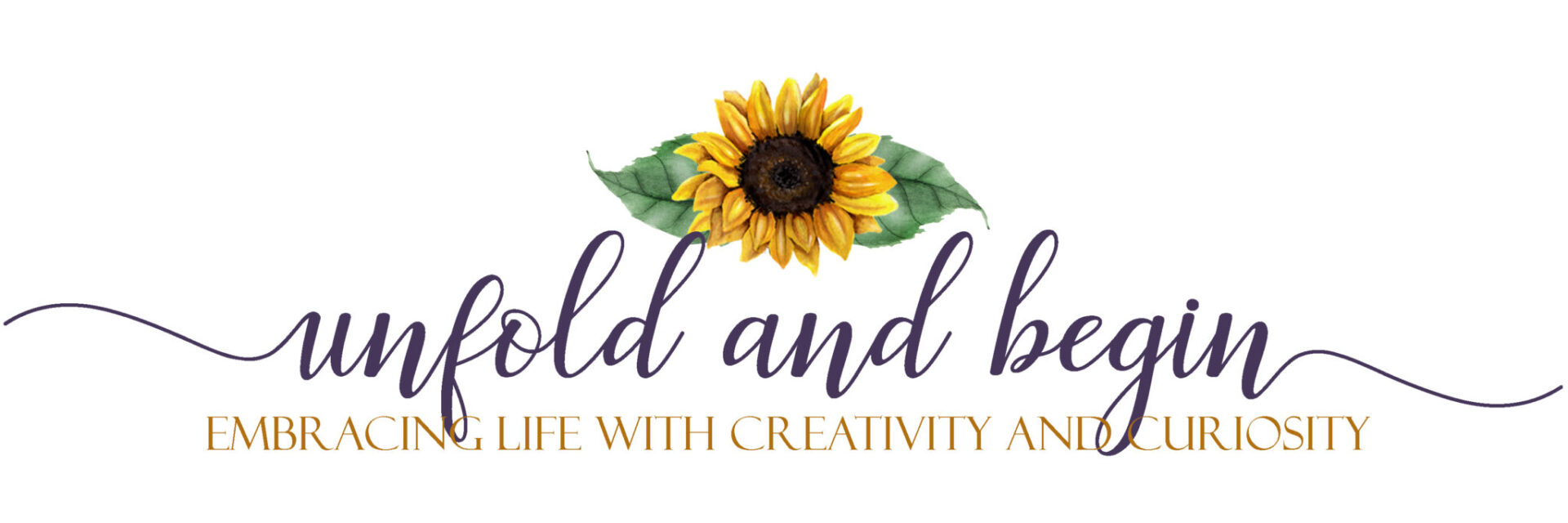Meditation is becoming widespread among people looking to improve their mental and physical well-being. However, there is growing evidence that meditation may not be as effective as people think. Have you ever wondered why meditation doesn’t work for you?
There are several possible explanations for why meditation may not work. One is that people need to be adequately trained in how to meditate. Other possibilities are that people’s expectations for meditation are too high or they need to spend more time meditating.
A recent study published in The Scientist found that people who underwent eight weeks of mindfulness meditation did not show any changes in their prefrontal cortex, contrary to popular opinion. According to Richard Davidson, who co-authored the study, meditation is beneficial, but it will take more than just eight weeks to affect change.
The study did show that those who spent more than 22 minutes per day meditating did have a significantly smaller amygdala, which is associated with stress and fear.
People’s Expectations
People have all sorts of expectations when they start meditating. They may expect to feel calmer and more relaxed, to focus better, or achieve a kind of spiritual enlightenment. The reality is that meditation takes time and effort to master, and everyone’s experience is different.
For some people, meditation comes easily, and they see results quickly. For others, it may take months or even years of practice before seeing any benefits. Some people may even feel they’re not getting any help from meditating.
Why People Think They’re Failing at Meditation
When people say that meditation “doesn’t work” for them, they usually mean that they don’t experience the benefits of meditation they were hoping for. There are a few different reasons why someone might not get the results they want from meditation, and it’s essential to understand what might be getting in the way.
One reason meditation might not “work” is that the person isn’t doing it correctly. Meditation is both incredibly easy and incredibly difficult at the same time. It’s easy to sit and focus on your breath. What’s difficult is keeping your attention on your breath for an extended time. Not letting your mind wander to your to-do list is incredibly hard when first starting out.
Another reason someone might not get the benefits of meditation is that they expect too much from it. Meditation is not a magic cure-all for all of life’s problems. It can help reduce stress and anxiety but will not fix all your problems overnight. If you expect meditation to transform your life completely, you will likely be disappointed.
Meditation is a complex activity practiced for centuries in many different cultures. There is no one-size-fits-all answer to whether or not meditation is a waste of time. Some people may find that meditation wastes time because they need to see immediate results. Others find that meditation is beneficial in the long term. The best way to determine whether or not meditation is a waste of time is to try it yourself and see what you think.
What To Do
Meditation is a practice that has been around for centuries, and its popularity has only grown in recent years. Though there are many different types of meditation, the goal is typically the same: to still the mind and achieve inner peace.
For some, meditation is a way to find clarity and focus. For others, it’s a way to reduce stress and anxiety. Meditation is not a one-size-fits-all practice, so finding a method that works for you is crucial.
If you’re new to meditation, finding a teacher or online guide who can help you learn the basics can be helpful. Many apps like Headspace or Insight Timer will help you meditate. Once you know how to meditate, you must be consistent with your practice. Meditation requires time and patience, so it’s essential to stick with it even if you don’t see results immediately.
Read, Are You on the Path to Meditation to learn about walking meditations. Or study with Jon Kabat-Zin. He is the author of the best-selling Wherever You Go, There You Are and Mindfulness for Beginners.






Late afternoons are my time to zone out a little. Playing meditation music on Alexa puts me in that state and is very relaxing. Not sure if that’s traditional meditating but it works for me.
What works is what works. Many meditation apps include relaxing music or nature sounds.
It’s always so hard for me to sit.